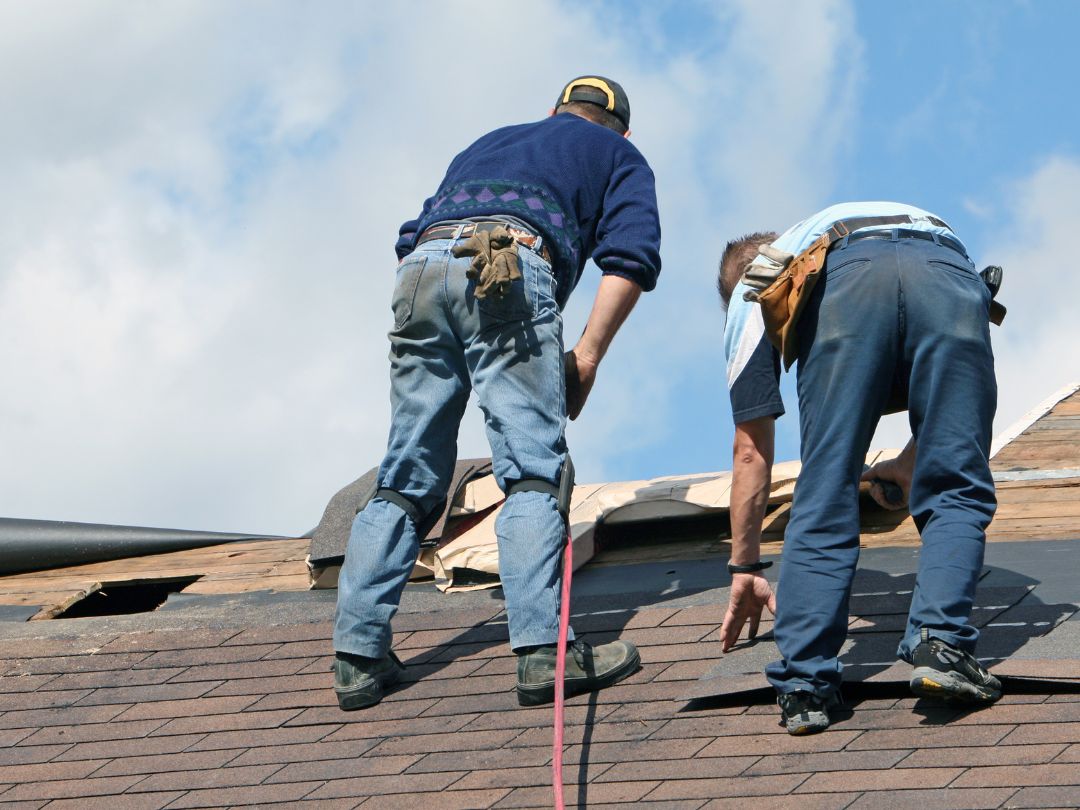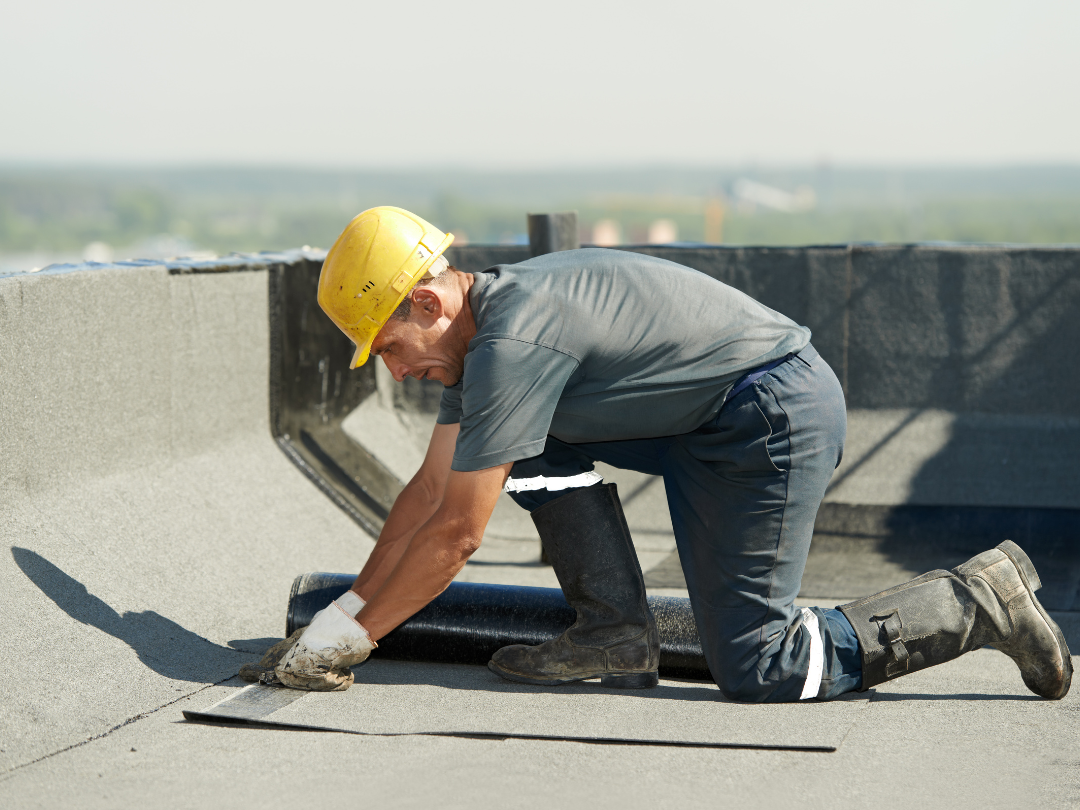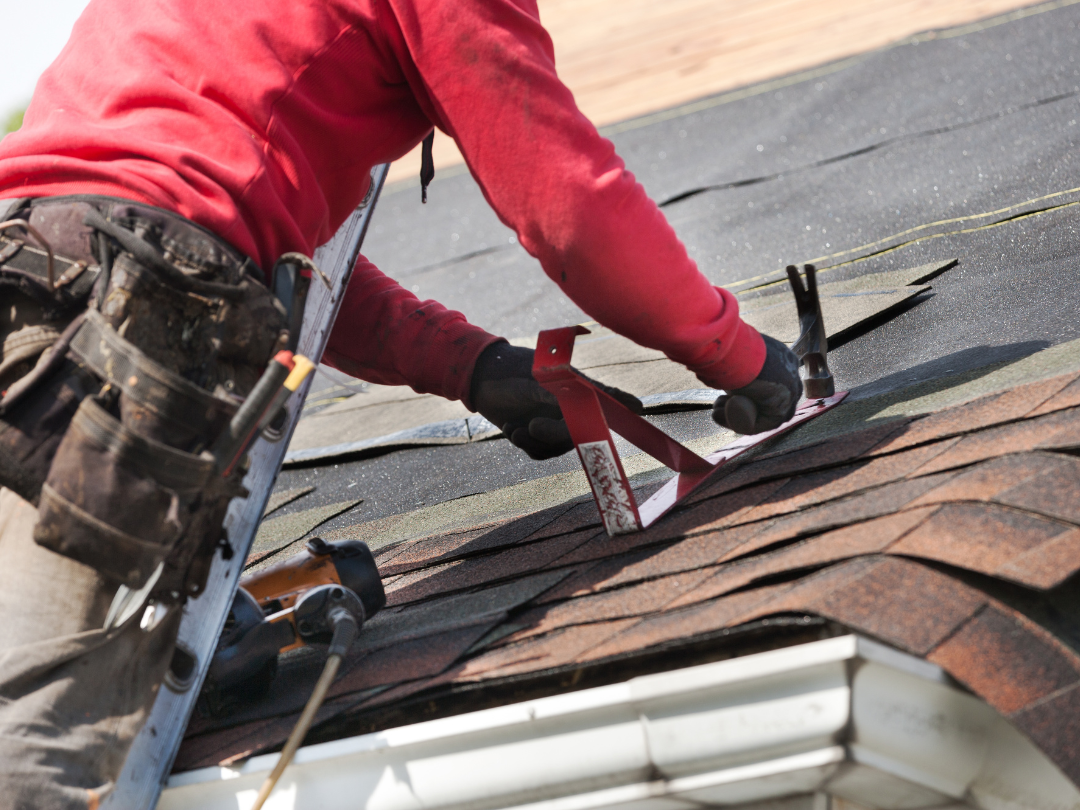Selecting the right roofing contractor is one of the most critical decisions a homeowner can make. Your roof protects everything beneath it: your family, belongings, and investment. Yet, many homeowners rush the process or rely on quick online searches without verifying credentials. Whether you live in the United States or Canada, hiring a trustworthy roofing professional requires a methodical approach rooted in research, verification, and informed judgment.
This guide outlines the key steps to choosing a reliable roofing contractor, with practical advice and facts to help you avoid costly mistakes.
1. Verify Licensing, Insurance, and Credentials
The first step in selecting a contractor is to confirm that they meet legal and professional standards. In both the U.S. and Canada, most provinces and states require roofers to carry licenses and insurance.
Licensing:
Check with your local regulatory body or municipality to confirm that the roofing company holds an active license. For example, states like Florida and California require roofing contractors to have state-issued licenses, while in Canada, provinces such as Ontario and British Columbia require business registration and compliance with local building codes.
Insurance:
A reputable contractor should carry both liability insurance and workers’ compensation coverage. This protects you from financial responsibility if an accident occurs on your property. Always ask for proof of insurance and verify it directly with the insurer.
Certifications:
Look for manufacturer certifications, such as those from GAF, CertainTeed, or Owens Corning. These designations indicate that the contractor has undergone specialized training and can offer extended warranties on materials.
Tip: When reviewing companies, always confirm they are not using expired or revoked credentials. A valid license number is easy to cross-check online.
2. Evaluate Reputation and Reviews
Reputation reflects reliability and consistency over time. In the digital era, homeowners can easily access reviews, testimonials, and complaint histories.
Online Reviews:
Use Google, the Better Business Bureau (BBB), and local directories to gauge public feedback. Pay attention to patterns rather than isolated comments. Consistent mentions of professionalism, punctuality, and workmanship are positive signs.
References:
Ask contractors for at least three local references. Contact these clients directly to learn about their experience, project timelines, and any issues that arose. Reputable contractors will gladly share references and even offer to show past work in your area.
Local Reputation:
Selecting a local roofing company for quality services ensures accountability and easier follow-up. Local businesses depend on community reputation, which often leads to higher service standards and responsiveness.
3. Get Detailed Written Estimates

Once you shortlist a few contractors, request written estimates from each. A clear estimate should detail all aspects of the project: materials, labour, permits, timelines, cleanup, and warranty coverage.
Avoid vague quotes.
If an estimate only includes a lump sum without itemization, ask for a breakdown. Transparency shows professionalism and prevents unexpected cost increases during the project.
Compare carefully:
Do not automatically choose the lowest bid. Extremely low estimates often signal subpar materials or inexperienced labour. Instead, focus on value, quality materials, proven track record, and warranty coverage.
Payment terms:
Avoid contractors demanding full payment up front. Industry standard practice is a modest deposit (10–30%) before work begins, with remaining payments tied to milestones or project completion.
4. Assess Communication and Professionalism
A reliable contractor values communication and professionalism as much as craftsmanship. During the consultation phase, observe how promptly they respond to inquiries, explain details, and provide documentation.
Transparency and clarity:
Professionals should explain roofing systems, materials, and installation methods without avoiding technical questions. They should also outline potential risks like weather delays or material shortages.
Written agreement:
Never proceed without a signed contract. It should include payment terms, warranties, scope of work, and timeline expectations. Read every clause carefully before signing.
Project supervision:
Ask who will manage the project day to day. Reliable contractors provide a clear point of contact, ensuring accountability and coordination between teams.
Professional appearance and conduct:
Arriving on time, providing business cards, branded vehicles, and wearing uniforms all indicate a legitimate operation. Sloppy presentation often reflects disorganization and potential risk.
5. Understand Warranties and After-Service Support
A trusted roofing contractor stands behind their work through strong warranties. Homeowners should verify two key types of warranties:
- The manufacturer’s Warranty covers materials, such as shingles or membranes. These can last 20 to 50 years, depending on the product.
- Workmanship Warranty covers installation quality. A reputable contractor should provide a minimum one-year warranty, with many offering five years or more.
Confirm that warranties are provided in writing, specify what they include, and note the claim process. A contractor unwilling to back their work is a clear warning sign.
Post-installation support is equally important. Professional contractors will inspect their work upon completion, address customer feedback, and remain available for maintenance or inspection services. Consistent aftercare demonstrates long-term reliability.
6. Check Experience and Specialization
Experience directly impacts quality. A company operating for several years with a stable portfolio is less likely to cut corners. Ask about:
- Years in business
- Training and certifications of the installation crew
- Type of roofing systems handled (asphalt, metal, flat, etc.)
Contractors specializing in one or two roof types typically deliver higher precision than generalists covering many services superficially.
In North America, weather conditions vary dramatically. An experienced contractor understands how climate affects material selection. For example:
- Asphalt shingles may perform well in moderate U.S. climates but deteriorate faster in coastal regions.
- Metal roofing offers superior durability in snowy Canadian areas.

A seasoned professional will recommend materials based on performance, cost, and environmental suitability.
7. Prioritize Local and Transparent Businesses
Choosing local businesses supports your economy and offers faster response times for repairs or inspections. Local roofers are familiar with building codes, weather patterns, and permit requirements.
Transparency also matters. Contractors who share their business address, contact information, and online presence signal authenticity. Avoid those lacking a verifiable location or offering only a cell phone number.
Before signing, search their business name with “scam,” “lawsuit,” or “complaint” online. If you find unresolved issues or name changes without explanation, proceed cautiously.
A trustworthy roofing contractor combines verified credentials, proven experience, transparent communication, and strong after-service support. By following a structured approach, checking licenses, reading reviews, comparing detailed estimates, and confirming warranties, you protect your investment and ensure quality results.
Both U.S. and Canadian homeowners face similar risks when hiring contractors without research. By focusing on accountability, transparency, and professionalism, you can confidently select a roofing expert who delivers durability and peace of mind for years to come.

